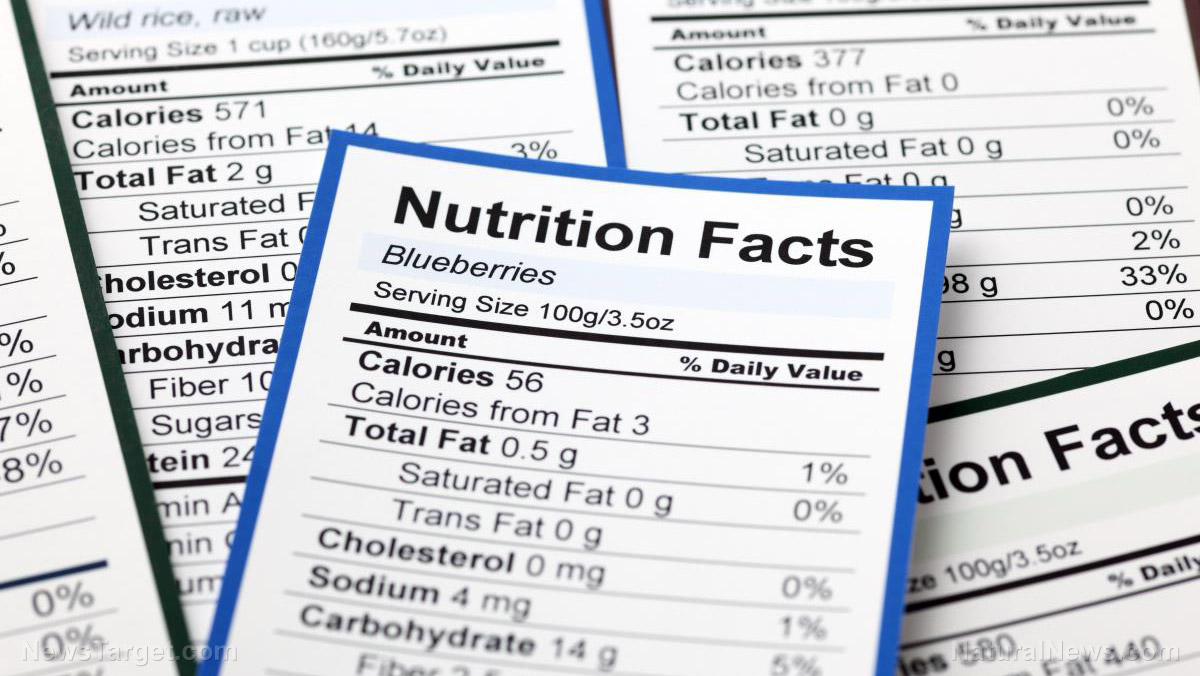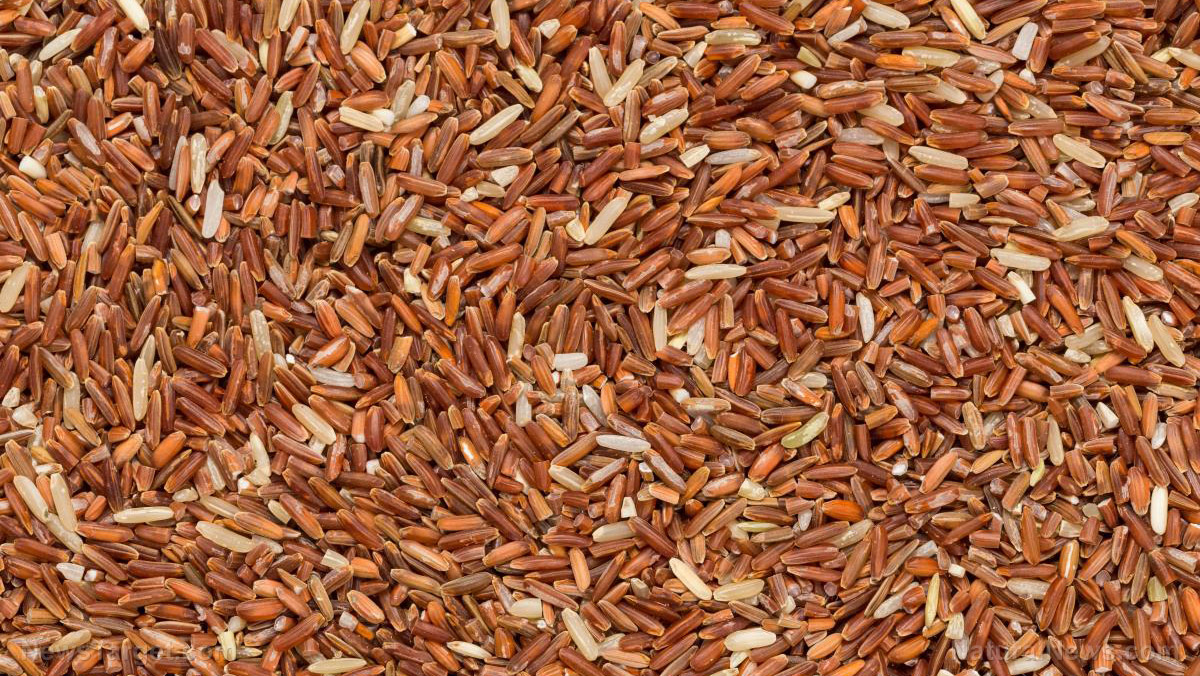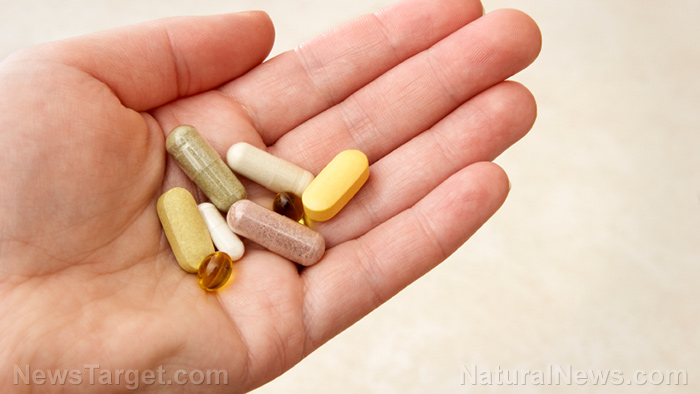A natural treatment for PCOS: Vitamin D
10/14/2018 / By Michelle Simmons

Polycystic ovary syndrome (PCOS) is the most common female endocrine disorder that affects fertility. Although there is no cure yet for PCOS, there are many ways to improve or eliminate PCOS symptoms naturally. One of these is vitamin D supplementation. According to a systematic review published in the Complementary Therapies in Clinical Practice, vitamin D supplementation can help improve the follicular development and menstrual cycle regulation in PCOS patients.
PCOS affects one in 10 women of childbearing age. This condition is caused by an imbalance of reproductive hormones, which in turn, causes problems in the ovaries. PCOS can cause missed or irregular menstrual periods, which can result in infertility and the development of cysts in the ovaries. PCOS is one of the most common causes of infertility.
Researchers from Huazhong University of Science and Technology in China conducted the systematic review to examine the effect of vitamin D supplementation on patients with PCOS. For the review, the researchers searched for randomized controlled trials published before December 2015 that compared the effect of vitamin D supplementation with that of either a placebo or metformin in PCOS patients.
Out of the 463 studies they gathered, only nine were included in the review, involving a total of 502 female participants with PCOS. The findings of the studies revealed that vitamin D supplementation significantly improves follicular development and menstrual cycles in PCOS patients.
Based on the evidence provided by the randomized controlled trials, the researchers concluded that supplementing with vitamin D may help improve follicular development and menstrual cycle regulation in PCOS patients. (Related: PCOS: Understanding it and treating symptoms naturally.)
Risk factors, causes, and symptoms of PCOS
The risk of developing PCOS may be greater in women who are obese and those who have a mother, sister, or aunt with PCOS. Although PCOS can occur at any age after puberty, most women only find out they have PCOS in their 20s and 30s, when they encounter difficulties getting pregnant and see their doctor.
The exact cause of PCOS is not yet fully understood. Nonetheless, researchers think that high levels of androgens play a role. Women with PCOS have more androgen than usual. Higher than normal androgen levels in women can prevent the ovaries from releasing an egg during each menstrual cycle. This can also cause extra hair growth and acne. Most experts also think that high levels of insulin play a role in the development of PCOS. Many PCOS patients have insulin resistance, in which the cells of the body do not respond normally to insulin. Insulin resistance can eventually lead to Type 2 diabetes. Symptoms of PCOS include the following:
- Irregular menstrual cycle: Women with PCOS may miss periods or have irregular menstrual periods. Some also have their periods every 21 days or more often, while others even stop having menstrual periods.
- Extra hair growth: Up to 70 percent of women with POCS have hirsutism, in which they grow extra hair on the face, chin, or parts of the body where men usually have hair.
- Acne: PCOS causes acne on the face, chest, and upper back.
- Hair loss: Women with POCS suffer from hair loss or thinning hair on the scalp.
- Weight gain: PCOS patients have problems losing weight or gain weight easily.
- Skin darkening: PCOS patients experience skin darkening, especially along neck creases, in the groin, and underneath breasts.
- Skin tags: PCOS patients also develop skin tags, which are small excess flaps of skin in the armpits or neck area.
Getting more vitamin D
In addition to taking vitamin D supplements, there are also other natural ways to get more vitamin D. One of these is to spend more time outdoors, at least 10 to 15 minutes every other day. You can also eat more foods that are rich in vitamin D, such as cod liver oil, salmon, tuna, and sardines. There are also vitamin D-fortified foods that you can incorporate in your diet. These include fortified orange juice, eggs, and mushrooms.
Read more news stories and studies on women’s health by going to WomensHealth.news.
Sources include:
Tagged Under: menstrual cycle, natural medicine, nutrients, ollicular development, PCOS, polycystic ovary syndrome, prevention, supplements, vitamin D, vitamin D supplement, women, women's health




















